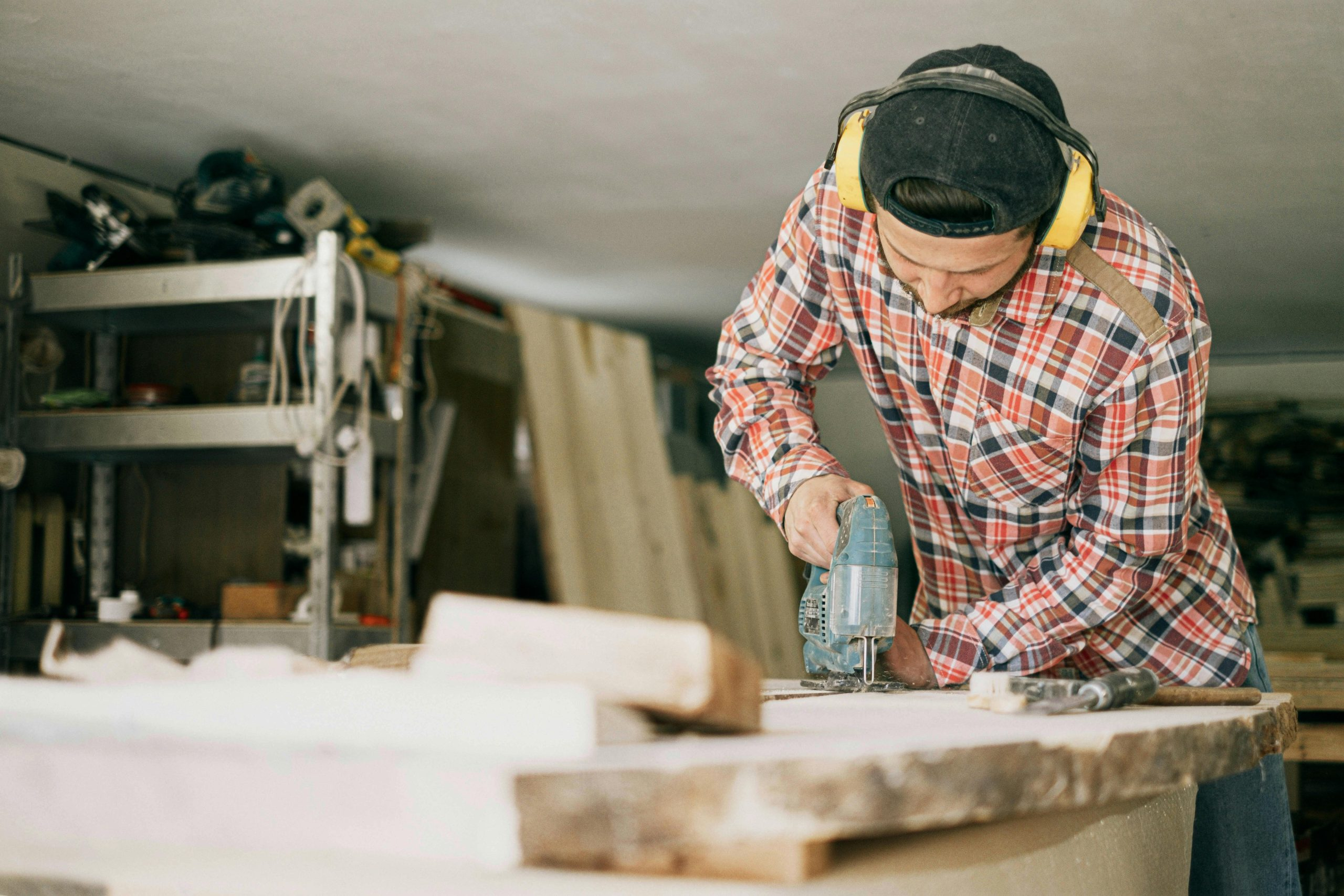Harnessing the power of sensors to build a smarter world
The world we live in today is deeply interconnected, with countless devices and systems working together to make our lives more efficient and convenient. This is made possible by the advancements in technology, particularly in the field of sensors. These tiny devices have become integral in almost every aspect of our daily lives, from our smartphones to our homes, and even in the cars we drive. However, the potential of sensors goes far beyond just our personal conveniences. In fact, their power can be harnessed to create a smarter and more sustainable world for all of us.
Understanding Sensors and Their Capabilities
Before we delve into how sensors can help build a smarter world, it’s important to first understand what exactly they are and how they work. Simply put, a sensor is a device that detects and responds to a particular stimulus, such as heat, light, motion, or even chemical changes. They convert this stimulus into a measurable output, which can then be used for various purposes.
There are many types of sensors, each with their own unique capabilities and applications. For example, temperature sensors are used in thermostats to maintain a comfortable level of heat in our homes, while motion sensors are used in security systems to detect movement. There are also more advanced sensors, such as environmental sensors, which can measure air quality, humidity, and other environmental factors.
Transforming Our Cities into Smart Cities
One of the most exciting and promising uses of sensors is in the development of smart cities. By equipping cities with various sensors, we can create a network that collects data in real-time and uses it to make cities more efficient, sustainable, and livable. For example, sensors can be installed in streetlights to adjust lighting levels based on the time of day and traffic patterns, reducing energy waste and increasing safety at the same time.
With the help of sensors, we can also monitor and analyze traffic patterns to optimize transportation routes and reduce congestion. This not only saves time for commuters but also helps reduce air pollution caused by traffic. In fact, a study by the International Energy Agency estimates that with the implementation of smart sensor systems, cities could reduce their energy consumption by 15-30%.
Improving Disaster Management and Response
Another critical aspect of building a smarter world is in disaster management and response. By utilizing sensors to monitor changes in the environment, we can better predict and prepare for natural disasters, such as hurricanes and earthquakes. For instance, sensors can be placed in areas prone to landslides and send out an early warning when movement is detected, giving people time to evacuate and seek shelter.
Furthermore, sensors can also be used to monitor and detect changes in the climate, providing valuable data for scientists studying the impact of climate change. By continuously collecting and analyzing data from various sensors, we can better understand how our actions are impacting the planet and take steps towards mitigating the effects.
Promoting Personalized Healthcare
Sensors can also play a vital role in healthcare, particularly in the area of personal health monitoring. Wearable devices equipped with sensors, such as fitness trackers, can collect data on a person’s heart rate, activity levels, and sleep patterns. This information can then be shared with doctors and healthcare providers, allowing them to better tailor treatment plans and provide more personalized care.
Moreover, sensors can also be used in medical devices to monitor a patient’s vitals and send alerts if there are any abnormal changes. This can be especially beneficial for older adults or those with chronic illnesses, as it allows for timely intervention in case of emergencies.
The Future of a Smarter World
The potential of sensors is truly limitless, and we have only scratched the surface of what they can do. From creating more sustainable cities to improving healthcare and disaster management, sensors have the power to transform our world for the better. However, we must also ensure that these advancements are made ethically and with proper regulations in place to protect privacy and security.
With continued advancements in technology, we are moving towards a more connected and smarter world. And sensors will undoubtedly play a crucial role in making this a reality. So let us embrace these tiny devices and harness their power to build a smarter and more sustainable world for generations to come.










